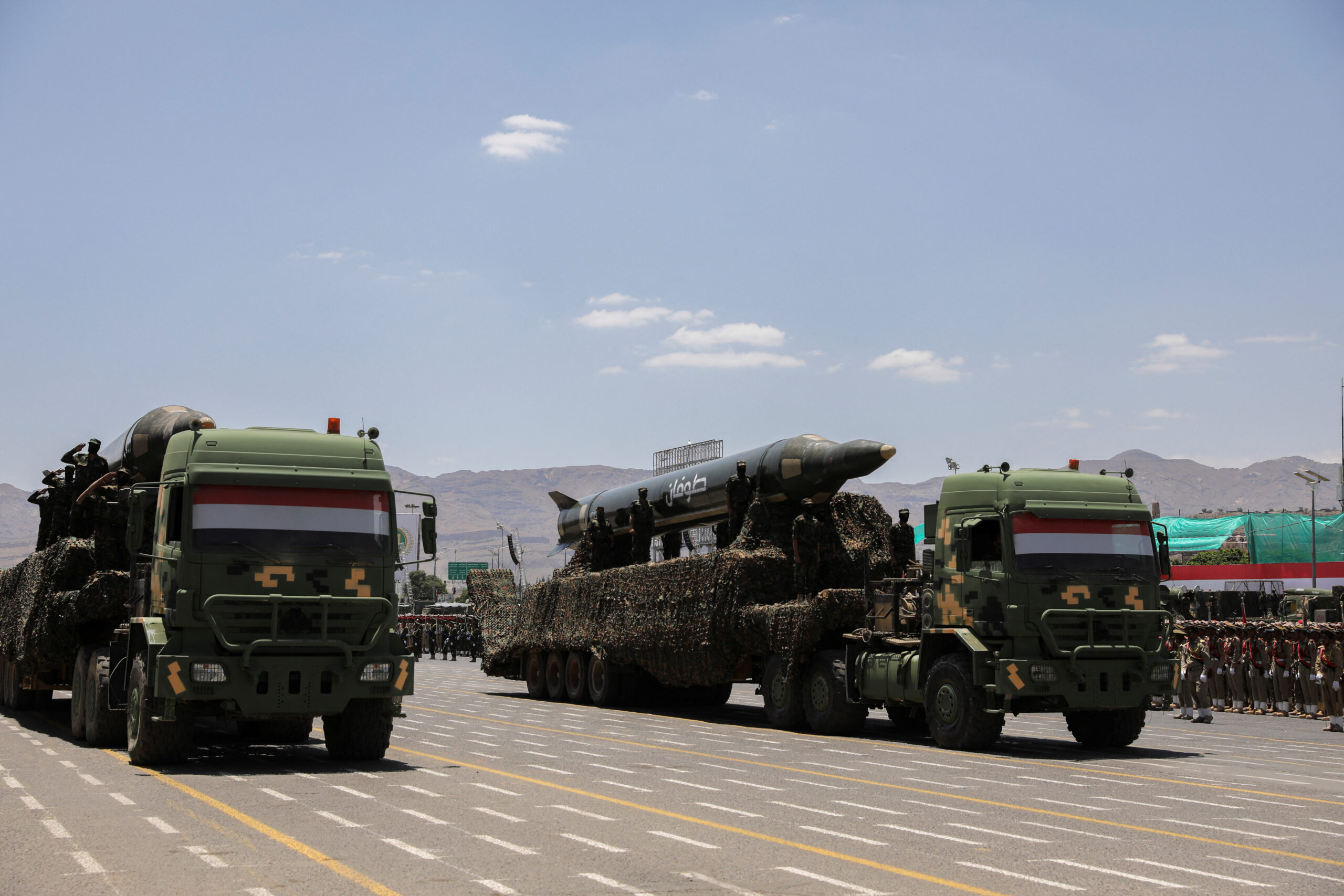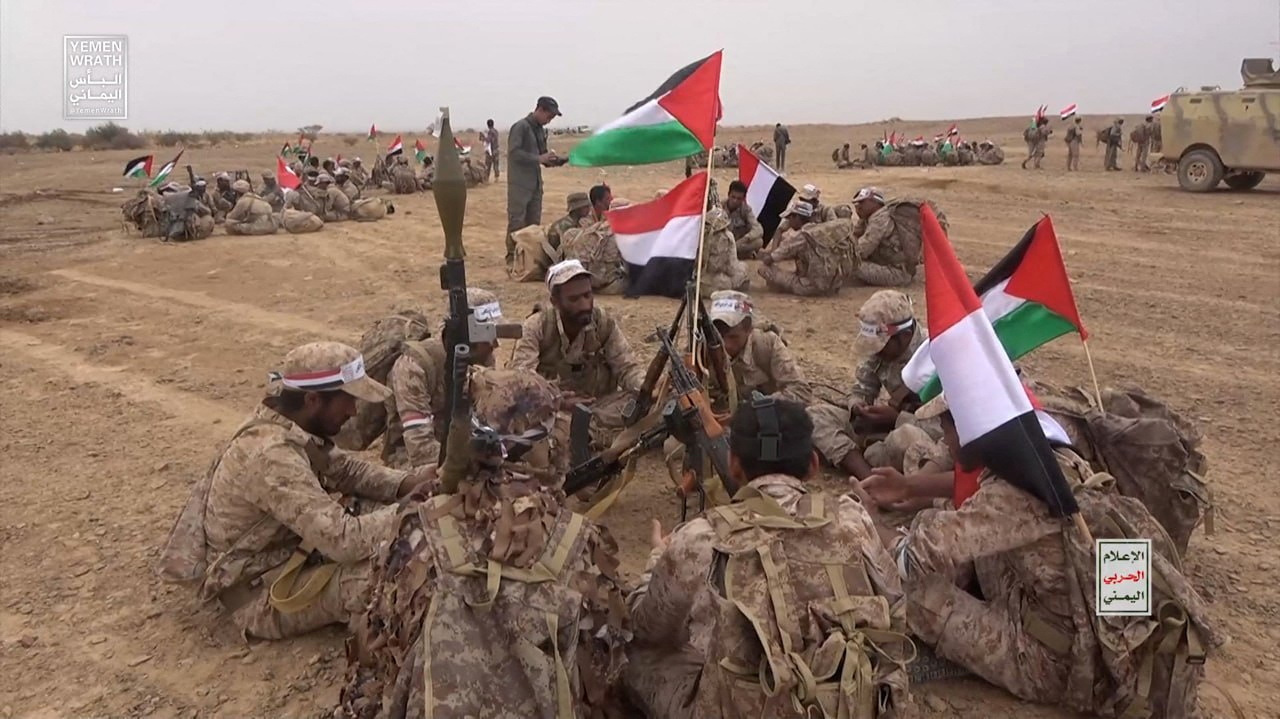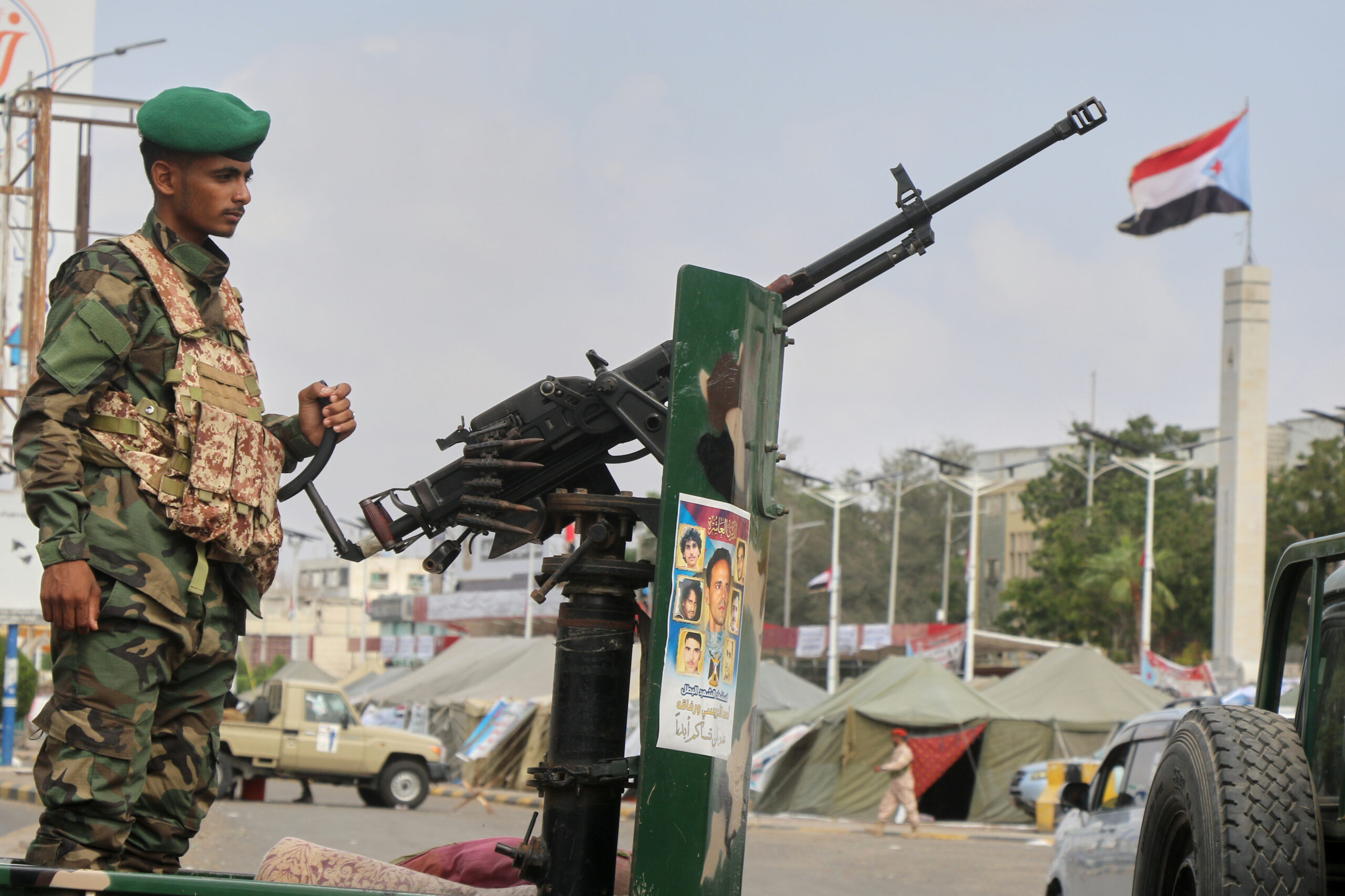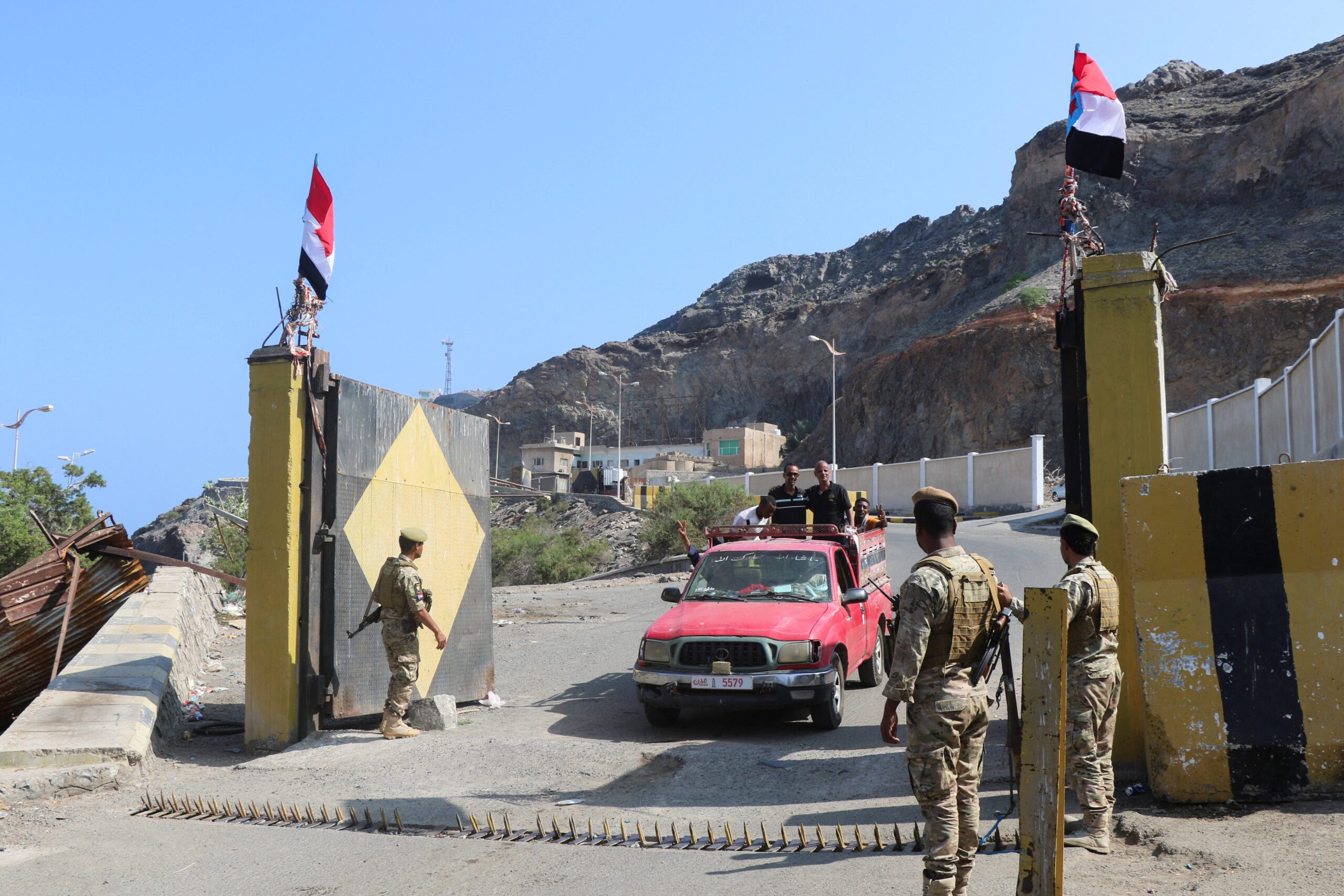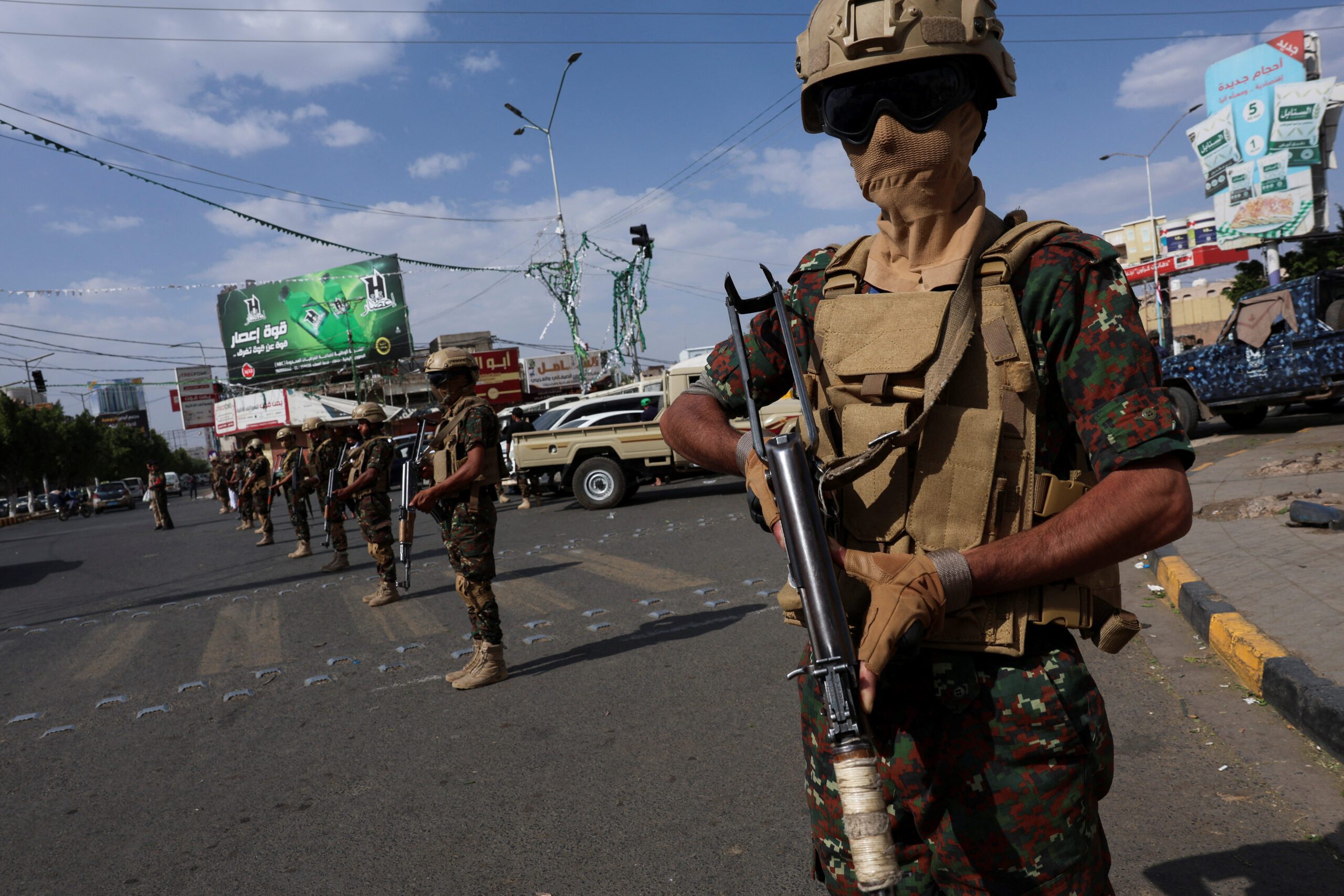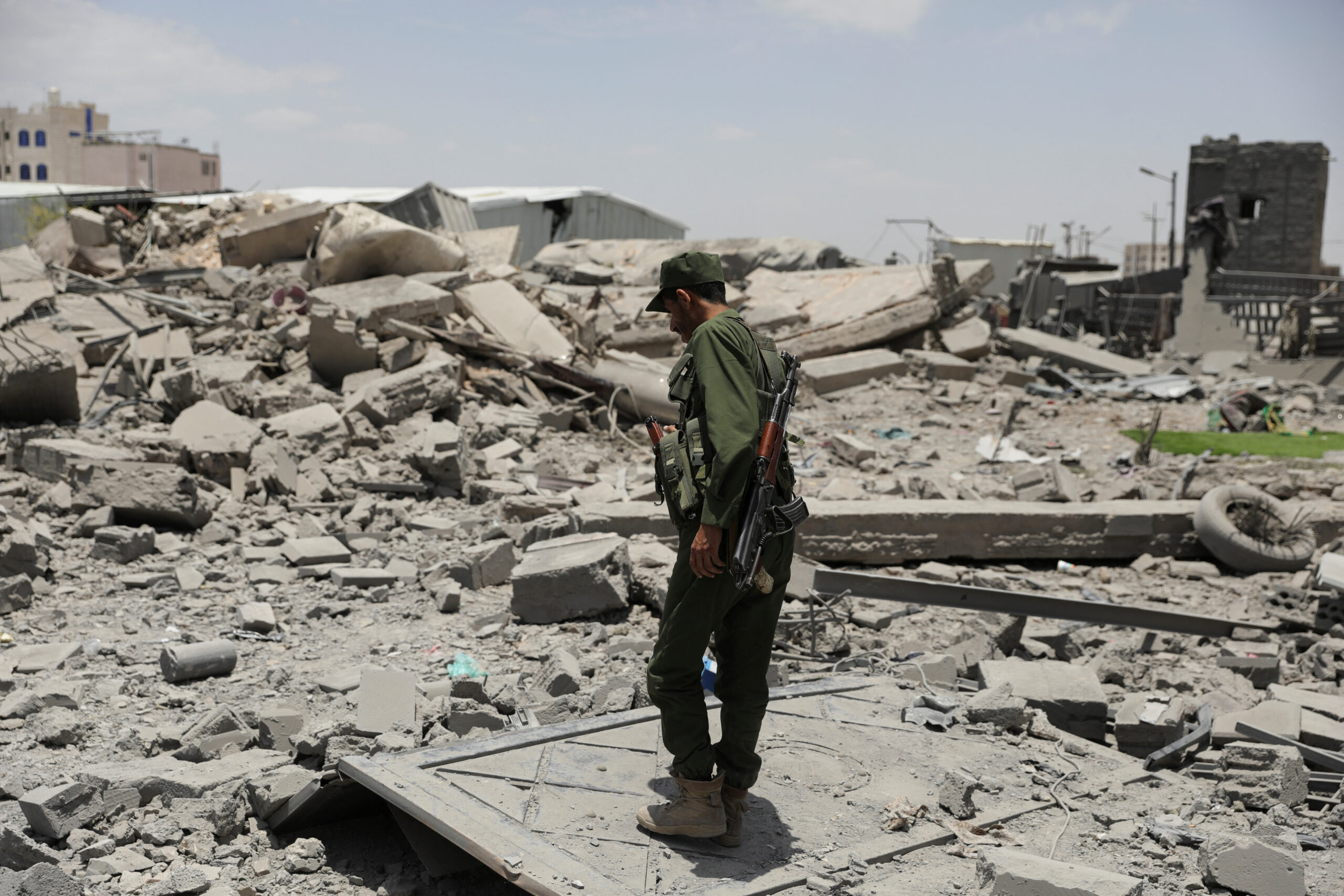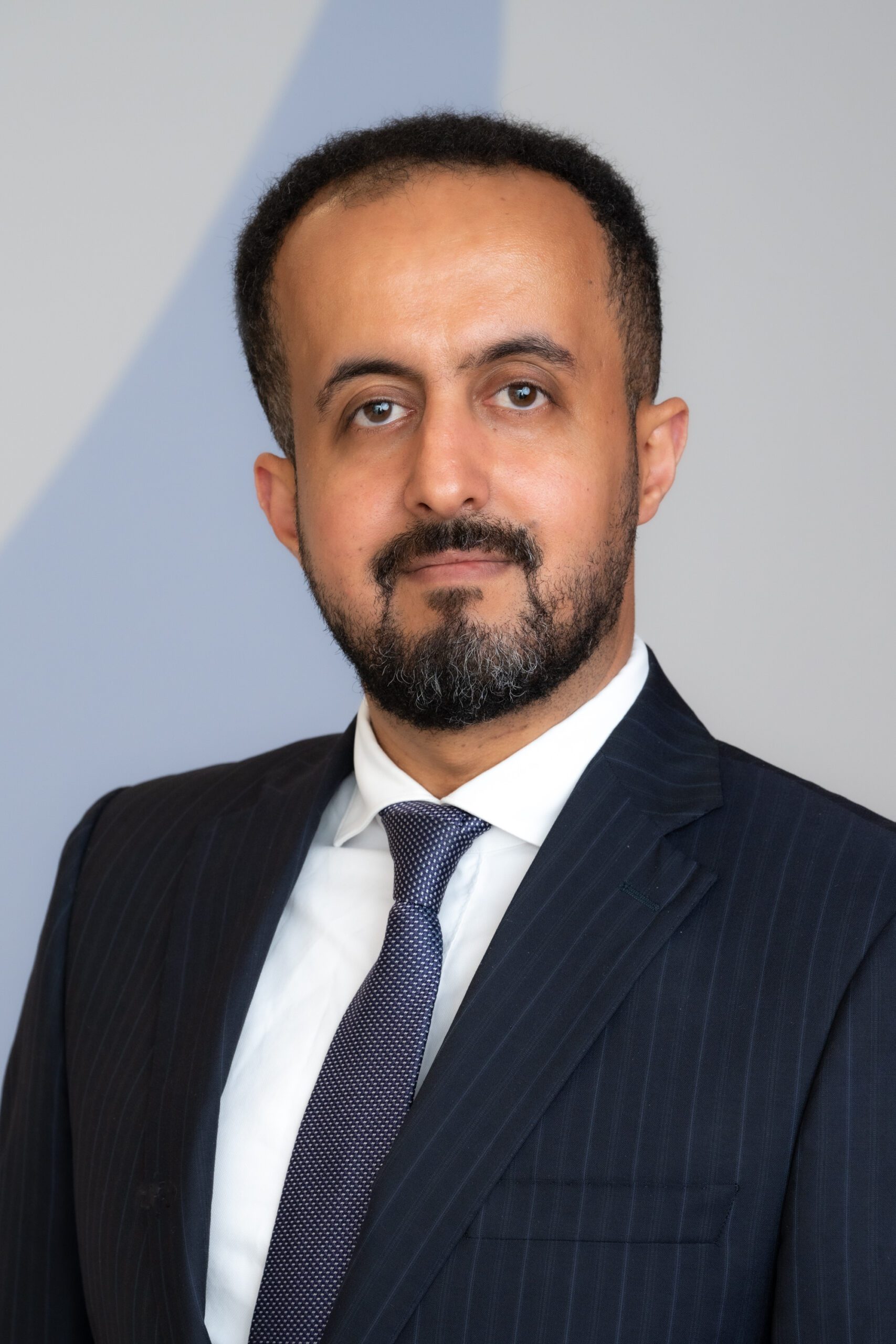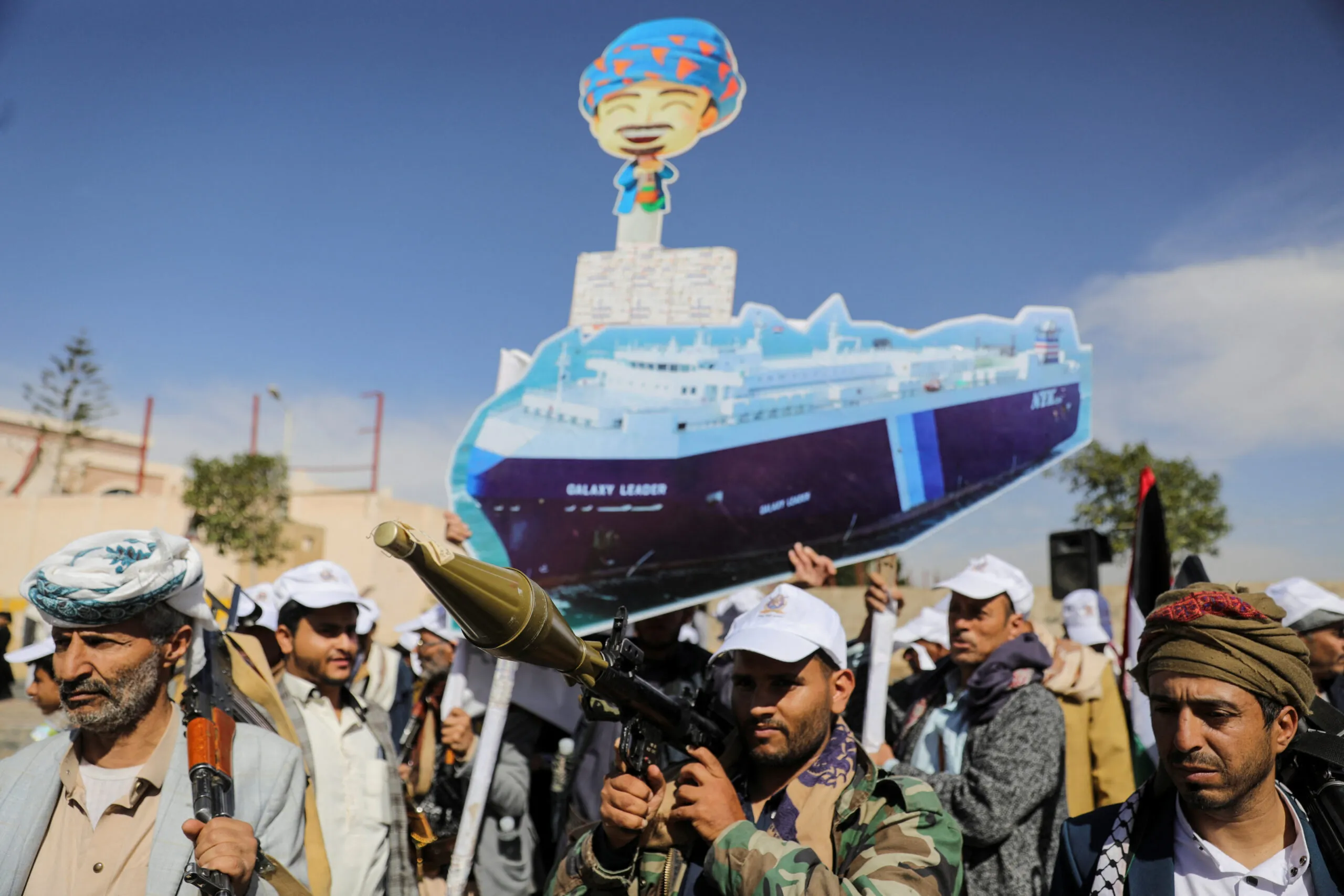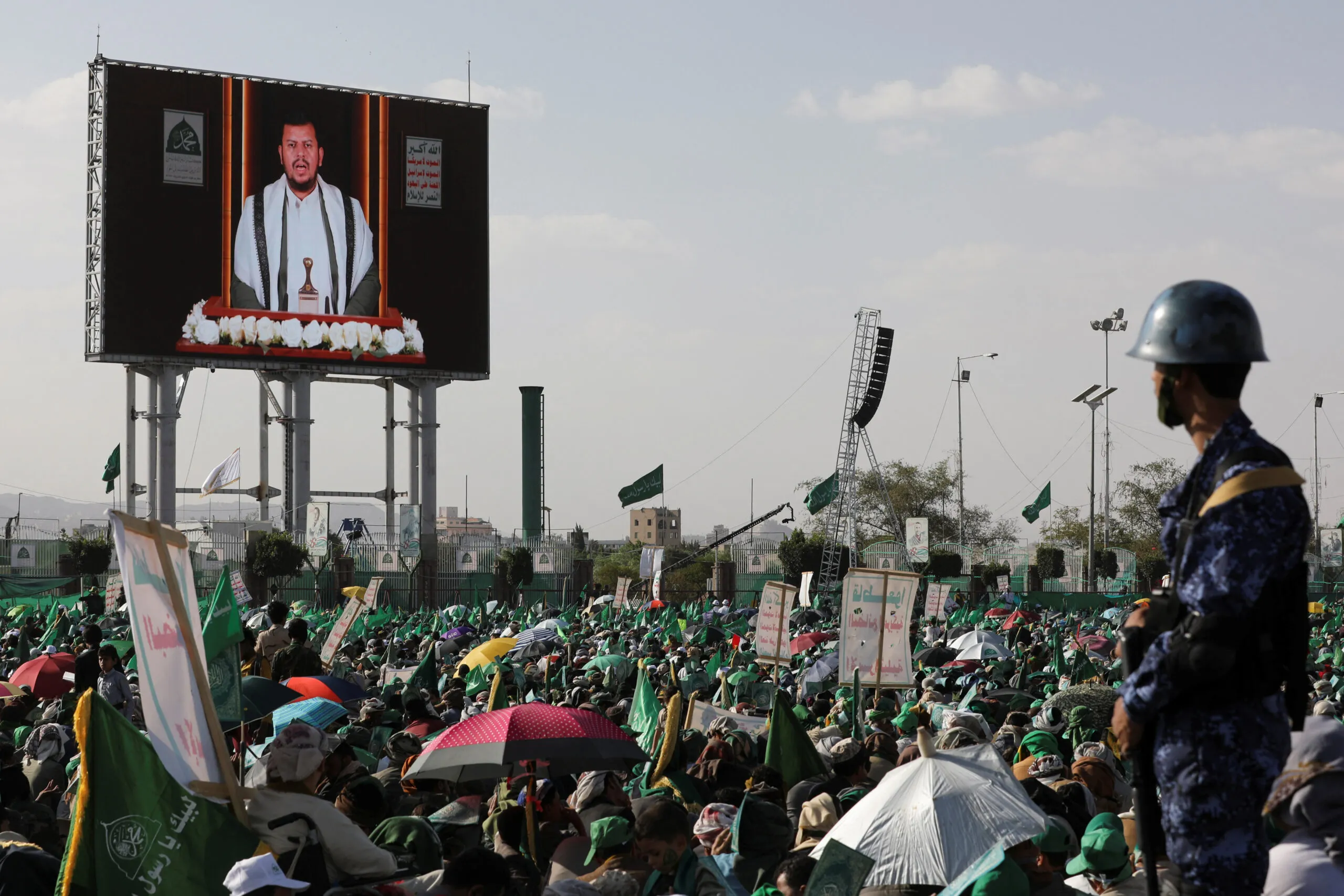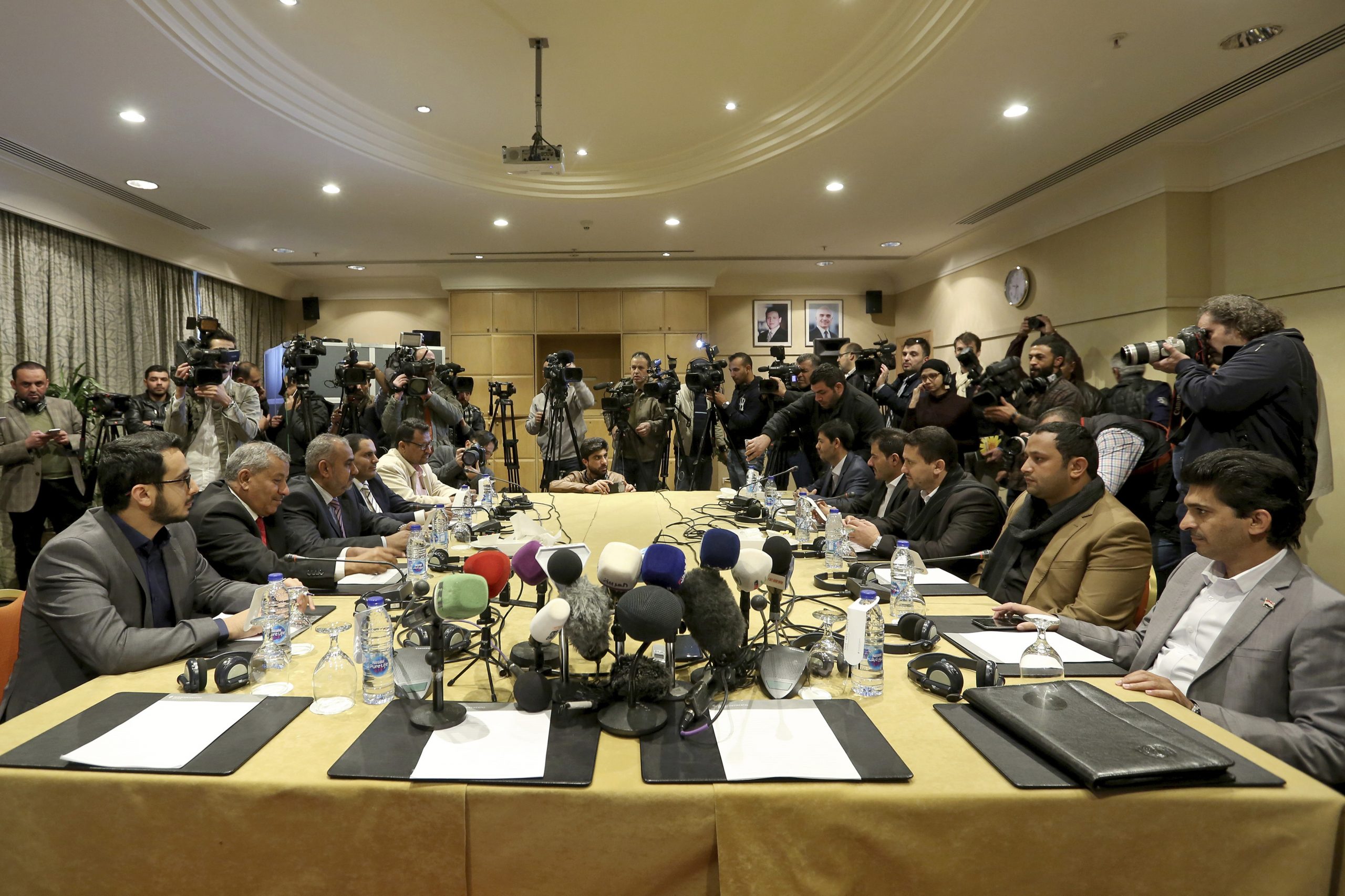A Lack of Options in Yemen
The United States has not developed adequate responses for dealing with hybrid groups like the Houthis.
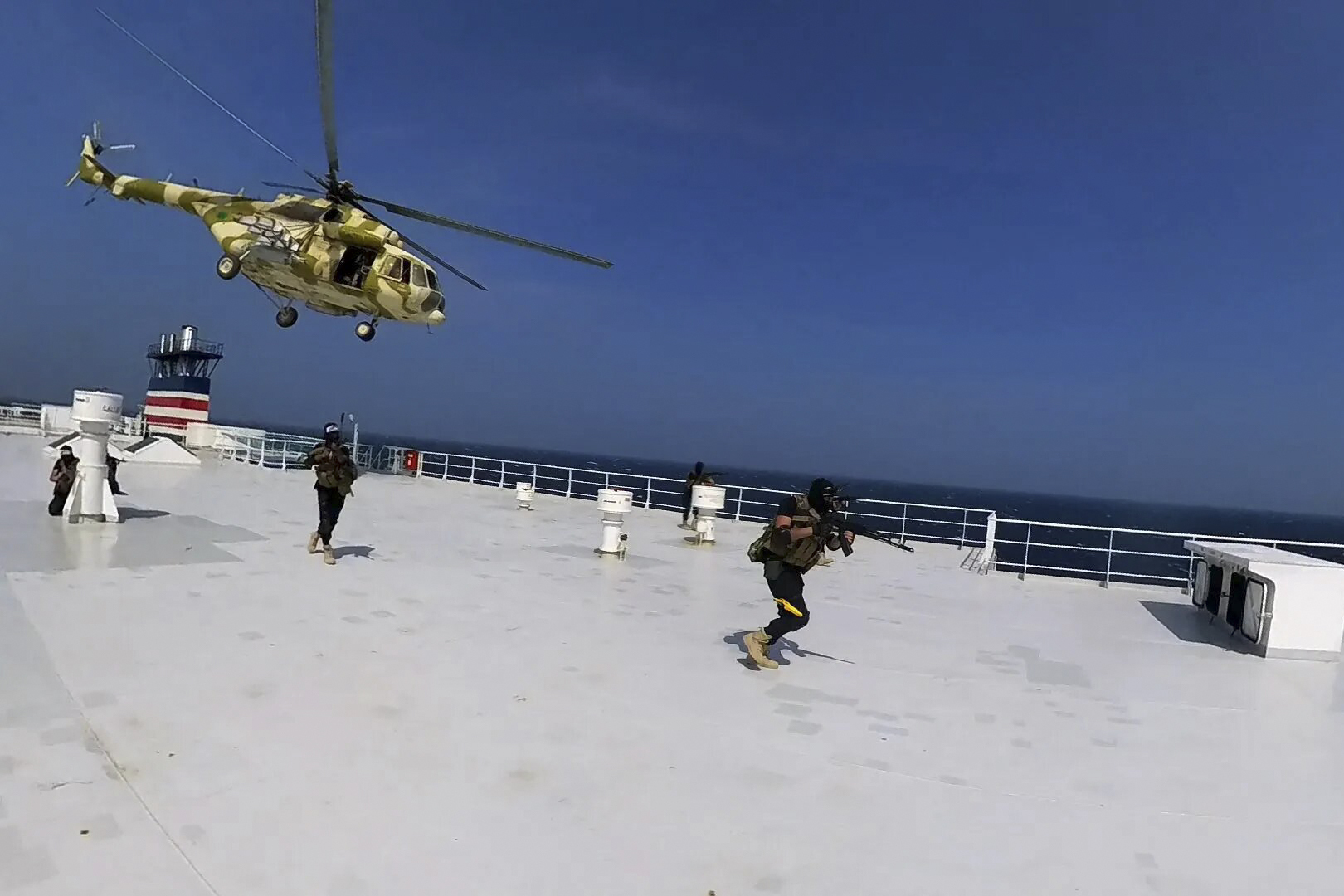
Over the last two weeks the Houthis, the Iranian-supported militia group that controls much of northern Yemen, have dramatically escalated their international attacks. On November 19, the group staged a helicopter raid on a Japanese-operated and Israeli-owned cargo ship, Galaxy Leader, taking all 25 members of the crew hostage. A video released by the Houthis and posted on X, formerly known as Twitter, showed a helicopter decorated with a Palestinian and Yemeni flag landing on the ship and several masked men jumping out and seizing control. The Galaxy Leader is currently anchored off Hodeidah, a Houthi-controlled port on the Red Sea coast, and all 25 crew members remain in Houthi custody.
On November 26, following a failed hijacking of another ship, Central Park, this time in the Gulf of Aden, the Houthis fired a pair of “ballistic missiles,” in the direction of a U.S. destroyer, USS Mason, which had responded to the ship’s distress signal. The would-be hijackers were Somalis, and it is unclear what if any links the pirates had to the Houthis. Like the Galaxy Leader, Central Park is an Israeli-owned ship. Both of these incidents follow a series of attempted Houthi missile and drone strikes on Israel in response to the war in Gaza. Abdul Malik al-Houthi, the head of the movement, has made it clear that the Houthis will continue to target Israeli ships in what the Houthis deem support for Hamas and Palestine.
The Houthi foray into political piracy, which threatens international shipping and will likely increase insurance for ships traveling through the Red Sea, also puts the United States in a difficult situation without a lot of obvious solutions.
At the moment, the United States is stuck in a reactionary mode, responding to individual attacks. For instance, the USS Mason detained the five Somalis who attempted to seize Central Park and, on November 29, the USS Carney shot down a Houthi drone that it considered a threat to the ship. But these are countermaneuvers that are unlikely to deter the Houthis from seizing more ships or carrying out more strikes in the future.
The United States seemingly has three main options when it comes to responding to Houthi attacks in international waters: It can redesignate the Houthis a foreign terrorist organization, carry out limited military strikes, or pursue a combination of both. The problem is that none of these options are likely to achieve the desired ends.
On November 21, following the Houthi seizure of Galaxy Leader, the White House national security spokesperson, John Kirby, said the United States was reviewing “potential terrorist designations” for the Houthis. This would be the Houthis’ second time on the FTO list. The administration of President Donald J. Trump placed the Houthis on the list less than a week before the administration left office, and the administration of President Joseph R. Biden, Jr. subsequently removed the group from the list after concluding that the terrorist designation was too great a cost to pay for too little impact. Primarily, the Biden administration worried about the humanitarian implications of the designation and a spike in preventable deaths. Since the Houthis are the governing authority in northern Yemen, humanitarian organizations froze or delayed aid out of fear of running afoul of U.S. sanctions. Many observers, including this author, also argued that the FTO designation would have minimal impact on Houthi leaders, and certainly would not deter the group from aggressive actions. Abdul Malik al-Houthi and other key figures in the movement have been under international sanctions for years, which has done nothing to curtail the Houthis’ actions. The United States redesignating the Houthis similarly would likely hurt the wrong people and do nothing to deter future attacks.
The other primary option the United States has is limited military strikes. This, for example, is the option the administration of Barack Obama chose in 2016, striking three Houthi radar sites after the group targeted a U.S. Navy destroyer. The Biden administration has also utilized retaliatory strikes in Syria and Iraq in recent weeks but only after U.S. troops were directly targeted. The Houthis, for all their rhetoric, have yet to target U.S. troops. Even if the Houthis do eventually strike at U.S. troops, as they have threatened to do, it is unclear what impact any retaliatory strikes would have on the group’s future behavior. Saudi Arabia and the United Arab Emirates have carried out airstrikes on the Houthis since 2015 with little in the way of positive results.
The main question for the United States at the moment is where to draw the line. Does it strike back only when the Houthis directly target U.S. assets, or does piracy and seizing ships necessitate military action? How does the United States balance the need to push back against the Houthis’ escalatory behavior with appropriate caution against getting sucked into another conflict in the Middle East? As the last two decades have illustrated, it is often much easier to begin these fights than it is to end them.
The United States has a good playbook for dealing with nation-states and with terrorist groups. But the Houthis are neither. The group is a hybrid, mixture of the two – a militia movement that controls the state in northern Yemen. And Washington doesn’t have an answer for that. The United States simply has not developed adequate responses for dealing with hybrid groups like the Houthis.
The views represented herein are the author's or speaker's own and do not necessarily reflect the views of AGSI, its staff, or its board of directors.


